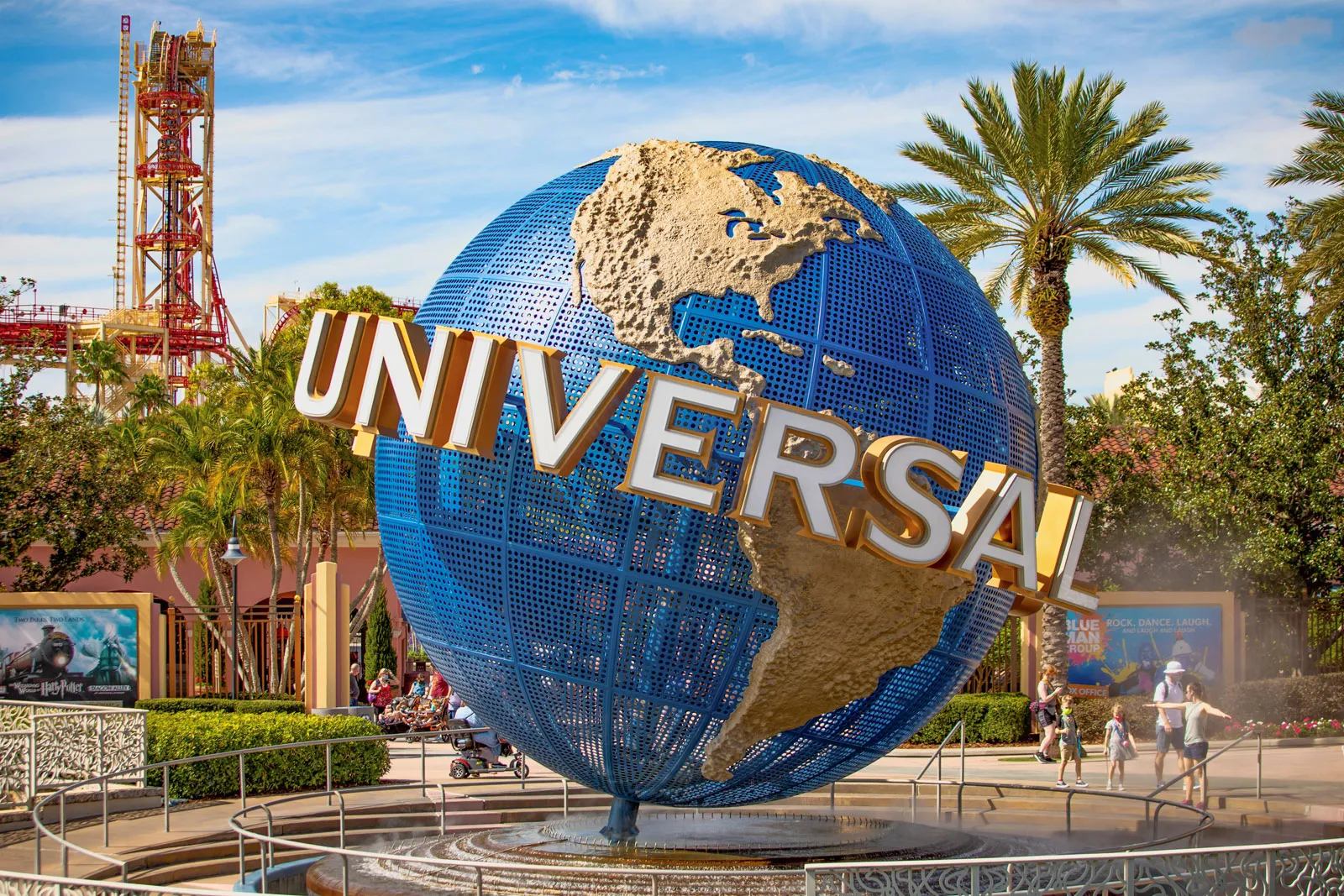
Universal Pictures, one of the oldest and most renowned film studios in the world, has been a cornerstone of the entertainment industry for over a century. From its humble beginnings in the early 20th century to its position as a global powerhouse today, Universal has played a pivotal role in shaping the landscape of cinema. This article will take you on a journey through the history, impact, and future of Universal Pictures, showcasing why it remains a giant in the world of film.
The Birth of Universal Pictures
Universal Pictures was founded on April 30, 1912, by Carl Laemmle, a German immigrant who was determined to make his mark on the burgeoning film industry. Laemmle was a visionary, recognizing the potential of cinema to entertain and inspire audiences. He established Universal with the goal of producing high-quality films that could be distributed across the United States and beyond.
In its early years, Universal Pictures was known for its production of silent films, a genre that was in its golden age during the 1910s and 1920s. The studio quickly gained a reputation for producing a wide range of films, from comedies and dramas to horror and science fiction. One of the studio’s early successes was the 1923 film “The Hunchback of Notre Dame,” starring Lon Chaney, which showcased the studio’s ability to create visually stunning and emotionally powerful films.
The Golden Age of Universal Monsters
The 1930s marked a significant period in the history of Universal Pictures, as the studio became synonymous with the horror genre. This era, often referred to as the “Golden Age of Universal Monsters,” saw the creation of some of the most iconic and enduring characters in cinematic history. Films such as “Dracula” (1931), “Frankenstein” (1931), “The Mummy” (1932), and “The Invisible Man” (1933) introduced audiences to a new world of horror and suspense.
These films were not only commercially successful but also critically acclaimed, with many of them becoming cultural touchstones that have influenced countless filmmakers and artists. The Universal Monsters became a brand unto themselves, and their legacy continues to live on in modern cinema through remakes, reboots, and homages.
Universal’s Contribution to the Film Industry
Beyond the realm of horror, Universal Pictures has made significant contributions to various genres, including drama, comedy, action, and animation. The studio has produced some of the most beloved and enduring films in cinematic history, many of which have become cultural landmarks.

One of the studio’s most successful franchises is “Jurassic Park,” which began with the release of the original film in 1993, directed by Steven Spielberg. The film’s groundbreaking use of CGI to bring dinosaurs to life captivated audiences and set a new standard for visual effects in cinema. The franchise has since expanded with multiple sequels, each building on the legacy of the original and continuing to push the boundaries of what is possible in film.
Another iconic Universal Pictures franchise is “Fast & Furious,” which has become a global phenomenon since the release of the first film in 2001. Known for its high-octane action sequences and diverse cast, the franchise has evolved into one of the highest-grossing film series of all time, demonstrating Universal’s ability to create blockbuster entertainment that resonates with audiences around the world.
The Evolution of Universal Pictures
As the film industry has evolved, so too has Universal Pictures. The studio has adapted to changing technologies and audience preferences, remaining at the forefront of innovation in cinema. In the 21st century, Universal has embraced the digital age, becoming a leader in the production of animated films through its acquisition of DreamWorks Animation in 2016.
This acquisition has allowed Universal to expand its reach in the animation genre, producing hits such as “How to Train Your Dragon,” “Shrek,” and “The Boss Baby.” These films have not only been box office successes but have also garnered critical acclaim and numerous awards, further cementing Universal’s reputation as a versatile and dynamic film studio.
In addition to its success in film production, Universal Pictures has also made significant strides in the realm of theme parks and entertainment experiences. Universal Studios theme parks, located in various cities around the world, offer fans the opportunity to immerse themselves in the worlds of their favorite films, from “Harry Potter” to “Jurassic Park.” These parks have become major tourist attractions, generating billions of dollars in revenue for the company.
Universal’s Impact on Pop Culture
The impact of Universal Pictures on popular culture cannot be overstated. The studio’s films have not only entertained audiences but have also shaped the way we think about cinema and storytelling. Universal’s iconic characters, such as Dracula, Frankenstein’s Monster, and The Mummy, have become symbols of the horror genre, inspiring countless adaptations and reinterpretations.
Moreover, Universal’s films have often reflected the social and cultural issues of their time, making them not only entertaining but also thought-provoking. For example, the original “Frankenstein” film, directed by James Whale, explored themes of scientific hubris and the consequences of playing God, themes that remain relevant to this day.
Universal Pictures has also been a pioneer in the representation of diverse voices in cinema. The studio has produced films that tackle issues of race, gender, and identity, contributing to important conversations about equality and inclusion in Hollywood. Films like “Get Out” (2017), directed by Jordan Peele, have challenged conventional narratives and opened the door for more diverse storytelling in the film industry.
The Future of Universal Pictures
As Universal Pictures looks to the future, the studio continues to innovate and push the boundaries of what is possible in cinema. With a slate of upcoming films that includes new entries in the “Jurassic World” and “Fast & Furious” franchises, as well as original projects from some of the most exciting filmmakers working today, Universal shows no signs of slowing down.
The studio is also embracing the potential of streaming platforms, with many of its films now available on services like Peacock, which is owned by Universal’s parent company, NBCUniversal. This move allows Universal to reach an even wider audience, ensuring that its films continue to captivate viewers in an increasingly digital world.
Conclusion
Universal Pictures stands as a testament to the power of storytelling and the enduring appeal of cinema. From its early days as a pioneer of silent films to its current status as a global entertainment giant, Universal has consistently delivered films that entertain, inspire, and provoke thought. As the studio enters its second century, it remains committed to pushing the boundaries of what is possible in film, ensuring that the magic of Universal Pictures will continue to captivate audiences for generations to come.








